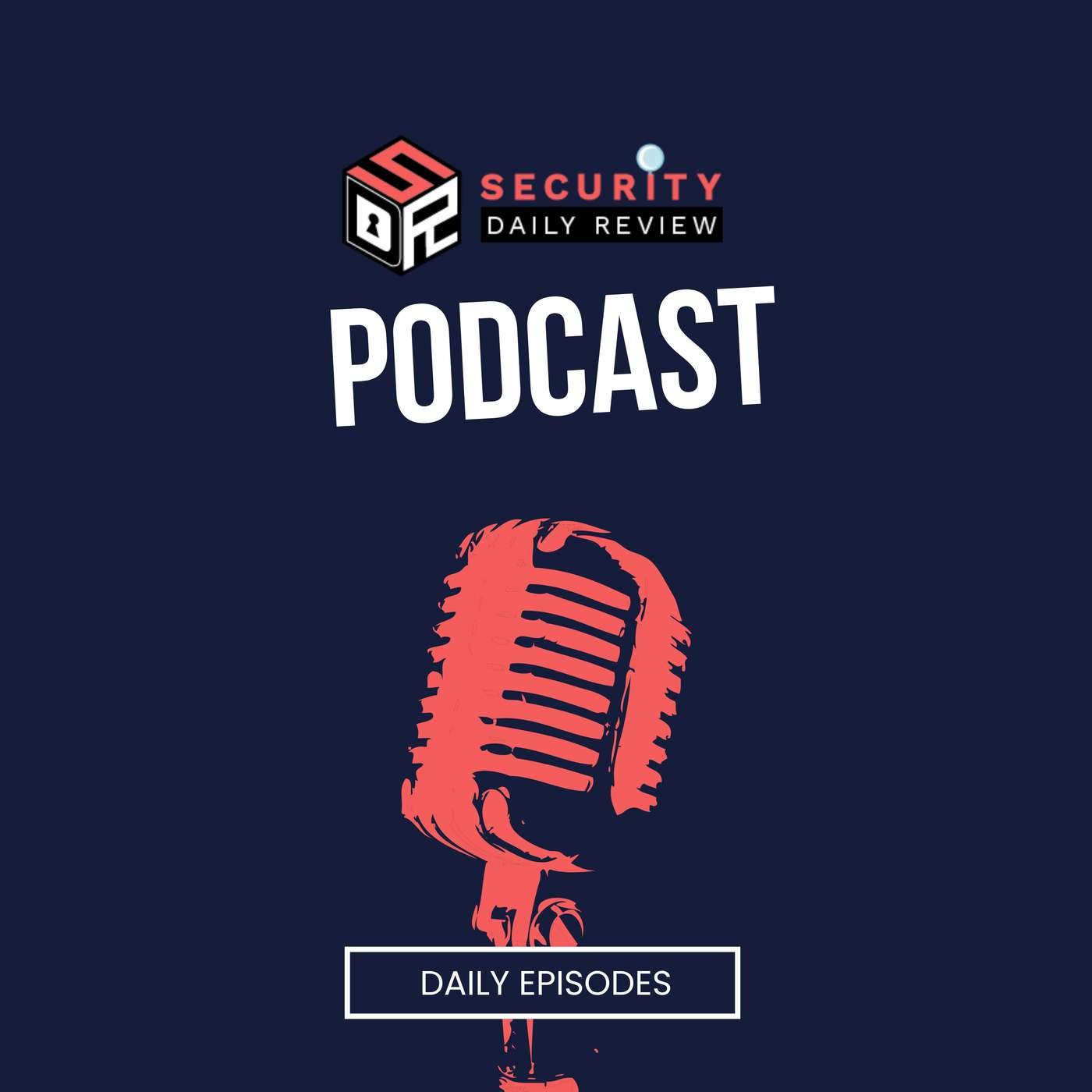The Pwn2Own Ireland 2025 hacking competition was set to feature one of its most anticipated moments — a $1 million zero-click remote code execution exploit against WhatsApp — but the demonstration never happened. Scheduled to be showcased by researcher Eugene of Team Z3, the exploit’s abrupt withdrawal stunned attendees and quickly became the most controversial event of the competition. Organized by Trend Micro’s Zero Day Initiative (ZDI), Pwn2Own had validated the exploit’s entry, fueling expectations that WhatsApp would face a serious zero-day challenge in front of a live audience. Yet when the researcher pulled out hours before the demo, official explanations shifted, and a clash of narratives began to unfold between ZDI, the researcher, and WhatsApp’s parent company, Meta.
ZDI initially cited travel issues as the reason for the cancellation, later updating its statement to say the exploit was “not sufficiently prepared for public demonstration.” By evening, ZDI announced that Team Z3 had agreed to a private disclosure, promising to share details confidentially with Meta. Researcher Eugene confirmed the arrangement the following day, explaining that a signed non-disclosure agreement (NDA) prevented him from revealing more and that he wished to maintain anonymity. That silence created a vacuum—one that Meta quickly filled.
In a pointed public statement, WhatsApp claimed the researcher’s submission was not viable, describing it instead as two “low-risk bugs” and expressing disappointment that the team withdrew. The language was notably firm, designed to reassure users and minimize perception of risk. Yet, to many in the cybersecurity community, this reframing directly contradicted the exploit’s prior $1 million valuation and ZDI’s validation, raising doubts about whether the exploit had been downplayed for public-relations reasons.
Analysts observed that ZDI’s evolving messaging — from travel delays to incomplete preparation — suggested an effort to contain reputational fallout while preserving its credibility as an impartial coordinator. Meanwhile, Meta’s decisive tone allowed it to reclaim control of the narrative, portraying its platform as secure and the withdrawn exploit as exaggerated. For researchers, however, the episode highlighted the power imbalance between independent security experts and major tech vendors, where NDAs and corporate messaging can quickly shape public understanding of an exploit’s true impact.
This controversy underscores the fragile relationship between vendors, event organizers, and security researchers. WhatsApp’s choice to publicly downplay the exploit may have protected its image in the short term but risks alienating researchers wary of being discredited after disclosure. The incident serves as a cautionary tale for both sides: that in today’s vulnerability economy, the battle for truth is often fought not in code, but in public communication.
#Pwn2Own #WhatsApp #ZeroDay #ZDI #Meta #ExploitWithdrawal #BugBounty #SecurityResearch #CyberSecurity #RCE #Eugene #TeamZ3 #TrendMicro #VulnerabilityDisclosure #HackerCommunity #WhiteHat #InfoSec #Pwn2OwnIreland2025 #NDAs #CyberEvent







